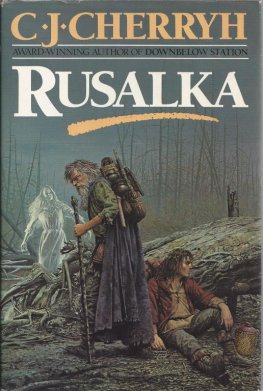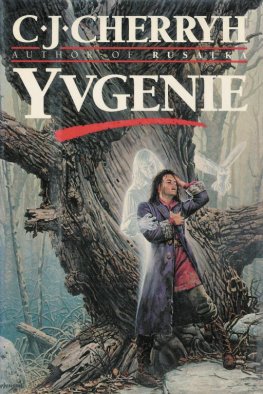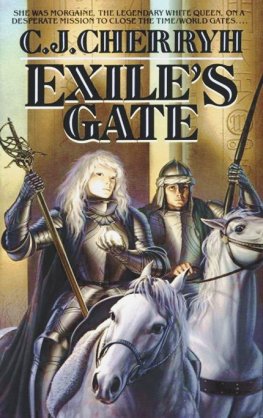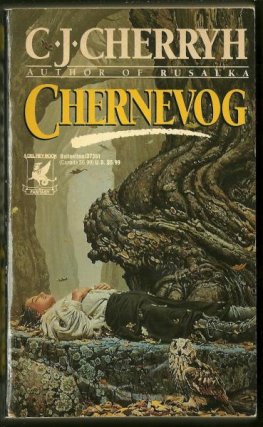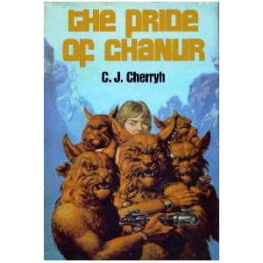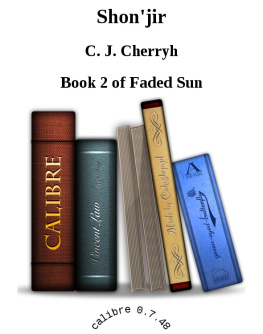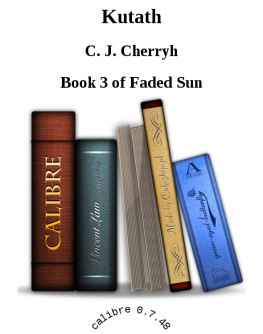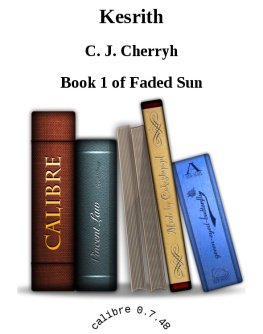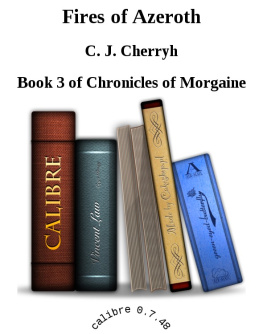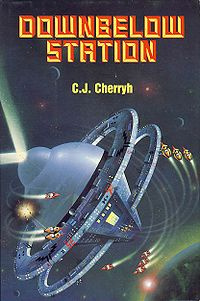C. Cherryh - Fires of Azeroth
Here you can read online C. Cherryh - Fires of Azeroth full text of the book (entire story) in english for free. Download pdf and epub, get meaning, cover and reviews about this ebook. genre: Romance novel. Description of the work, (preface) as well as reviews are available. Best literature library LitArk.com created for fans of good reading and offers a wide selection of genres:
Romance novel
Science fiction
Adventure
Detective
Science
History
Home and family
Prose
Art
Politics
Computer
Non-fiction
Religion
Business
Children
Humor
Choose a favorite category and find really read worthwhile books. Enjoy immersion in the world of imagination, feel the emotions of the characters or learn something new for yourself, make an fascinating discovery.

- Book:Fires of Azeroth
- Author:
- Genre:
- Rating:3 / 5
- Favourites:Add to favourites
- Your mark:
- 60
- 1
- 2
- 3
- 4
- 5
Fires of Azeroth: summary, description and annotation
We offer to read an annotation, description, summary or preface (depends on what the author of the book "Fires of Azeroth" wrote himself). If you haven't found the necessary information about the book — write in the comments, we will try to find it.
Fires of Azeroth — read online for free the complete book (whole text) full work
Below is the text of the book, divided by pages. System saving the place of the last page read, allows you to conveniently read the book "Fires of Azeroth" online for free, without having to search again every time where you left off. Put a bookmark, and you can go to the page where you finished reading at any time.
Font size:
Interval:
Bookmark:
version="1.0" encoding="windows-1252"?>romance_fantasyC.J.CherryhFires of Azeroth1979enHaaliFB Tools, VIM, Haali Reader2002-07-29#bookz1.0
C. J. Cherryh
Fires of Azeroth
Prologue
The qhal found the first Gate on a dead world of their own sun.
Who made it, or what befell those makers, the qhal of that age never knew or learned. Their interest was in the dazzling prospect it offered them, a means to limitless power and freedom, a means to short-cut space and leap from world to world and star to star-instantaneous travel, once qhalur ships had crossed space at real-time, to carry to each new site the technology of the Gates and establish the link. Gates were built on every qhalur world, a web of eye-blink transport, binding together a vast empire in space.
And that was their undoingFor Gates led not alone WHERE but WHEN, both forward and backward along the course of world's and suns.
The qhal gained power beyond their wildest imaginings: they were freed of time. They seeded worlds with gatherings from the far reaches of Gate-spanned space beasts, and plants, even qhal-like species. They created beauty, and whimsy, and leaped ahead in time to see the flowerings of civilizations they had planned-while their subjects lived real years and died in normal span, barred from the freedom of the Gates.
Real-time for qhal became too tedious. The familiar present, the mundane and ordinary, assumed the shape of a confinement no qhal had to bear the future promised escape. Yet once that journey forward had been made, there could be no return. It was too dangerous, too fraught with dire possibilities to open up backtime: there was the deadly risk of changing what was. Only the future was accessible and qhal went.
The first venturers found pleasure for a time, learned the age and tired of it, and restlessly migrated again, stage bystage, joined by their own children's children, confounding law and society. In greater and greater numbers they moved on, evading tedium, forever discontent, seeking pleasures and lingering nowhere long-until they crowded into a future where time grew strange and unstable.
Some went further, pursuing the hope of Gates which might or might not remain where they were predicted to be. More lost their courage utterly and ceased to believe in further futures, lingering until horror overwhelmed them, in a present crowded with living ancestors in greater and greater numbers. Reality began to ripple with unstable possibilities.
Perhaps some desperate soul fled back; or perhaps the very weight of extended time grew too much. Might-have-been and was were confounded. Qhal went mad, perceiving things no longer true, remembering what had never been.
Time was ripping loose about them-from ripplings to vast disturbances, the overstrained fabric of time and space undone, convulsed, imploded, hurling all their reality asunder.
Then all the qhalur worlds lay ruined. There remained only fragments of their past glorystones strangely immune to time in some places, and in others suddenly and unnaturally victim to it lands where civilization managed to rebuild itself, and others where all life failed, and only ruins remained.
The Gates themselves, which were outside all time and spacethey endured.
A few qhal survived, remembering a past which had been/ might have been.
Last came humans, exploring that vast dark desert of the qhalur worldsand found the Gates.
Men had been there beforevictims of the qhal and therefore involved in the ruin; Men looked into the Gates, and feared what they saw, the power and the desolation. A hundred went out those Gates, both male and female, a force never meant to know a homecoming. There could only be forward for them: they must seal the Gates from the far side of time, one and the next and the next, destroying them, unweaving the deadly web the qhal had woven to the very Ultimate Gate or the end of time.
World after world they sealedbut their numbers declined, and their lives grew strange, stretched over millennia of real-time. Few of them survived of the second and third generations, and some of those went mad.
Then they began to despair that their struggle was hopeless, for one Gate omitted would begin it all again; one Gate, anywhen misused, could bring down on them the ruin of all they had even done.
In their fear, they created a weapon, indestructible save for the Gates which powered it: a thing for their own protection, and containing knowledge of Gates, that they had gained-a doomsday force against that paradoxical Ultimate Gate, beyond which was no passage at all-or worse.
They were five when that Weapon was made.
There was one who survived to carry it.
"Records are pointless. There is a strange conceit/ In making them when we are the last-but a race should leave something. The world is going and the end of the world comes, not for its, perhaps, but soon. And we have always loved monuments.
"Know that it was Morgaine kri Chya who wrought this man. Morgen-Angharan, Men named her: the White Queen, she of the white gull feather, who was the death that came on us. It was Morgaine who extinguished the last brightness in the north, who cast Ohtij-in dawn to ruin, and stripped the land of inhabitants.
"Even before this present age she was the curse of our land, for she led the Men of the Darkness, a thousand years before us; her they followed here, to their own ruin; and the Man who rides with her and the Man who rides before her are of the same face and likeness-for now and then are alike with her.
"We dream dreams, my queen and I, each after our own fashion. All else went with Morgaine."
A stone, on a barren isle of Shiuan,
Chapter One
The plain gave way to forest, and the forest closed about, but there was no stopping, not until the green shadow thickened and the setting of the sun brought a chill to the air.
Then Vanye ceased for a time to look behind him, and breathed easier for his safety his and his liege's. They rode farther until the light failed indeed, and then Morgaine reined gray Siptah to a halt, in a clear space beside a brook, under an arch of old trees. It was a quiet place and pleasant, were it not for the fear which pursued them.
"We shall find no better," Vanye said, and Morgaine nodded, wearily slid down.
"I shall tend Siptah," she said as he dismounted. It was his place, to tend the horses, to make the fire, to do whatever task wanted doing for Morgaine's comfort. That was the nature of an ilin,who was Claimed to the service of a liege. But they had ridden hard for more than this day, and his wounds troubled him, so that he was glad of her offer. He stripped his own bay mare down to halter and tether, and nibbed her down and cared for her well, for she had done much even to last such a course as they had run these last days. The mare was in no wise a match for Morgaine's gray stud, but she had heart, and she was a gift besides. Lost, the girl who had given her to him; and he did not forget that gift, nor ever would. For that cause he took special care of the little Shiua bay-but also because he was Kurshin, of a land where children learned the saddle before their feet were steady on the earth, and it sat ill with him to use a horse as he had had to use this one.
He finished, and gathered an armload of wood, no hard task in this dense forest. He brought it to Morgaine, who had already started a small fire in tinder-and that was no hard task for her, by means which he preferred not to handle.
Next pageFont size:
Interval:
Bookmark:
Similar books «Fires of Azeroth»
Look at similar books to Fires of Azeroth. We have selected literature similar in name and meaning in the hope of providing readers with more options to find new, interesting, not yet read works.
Discussion, reviews of the book Fires of Azeroth and just readers' own opinions. Leave your comments, write what you think about the work, its meaning or the main characters. Specify what exactly you liked and what you didn't like, and why you think so.

